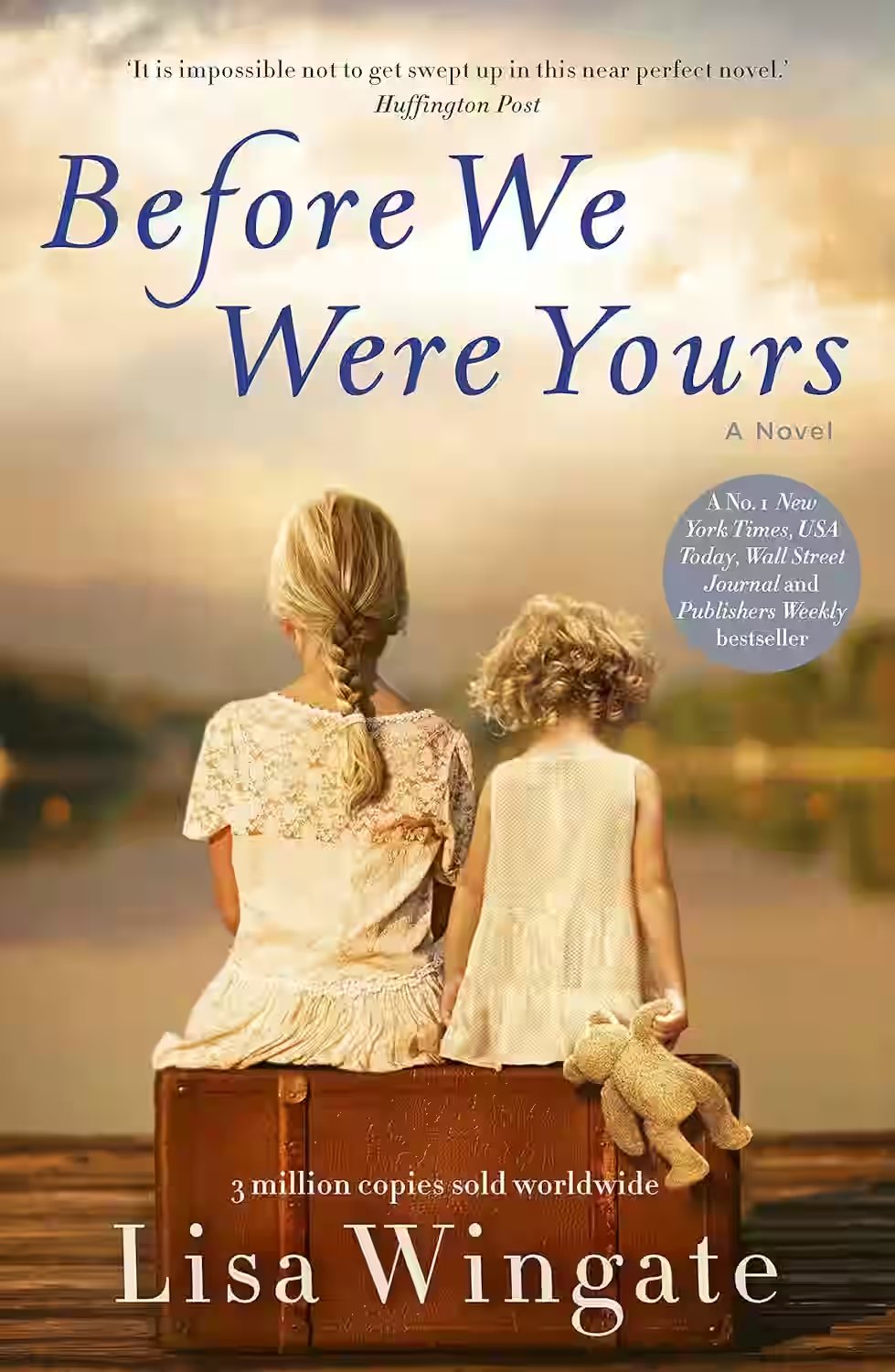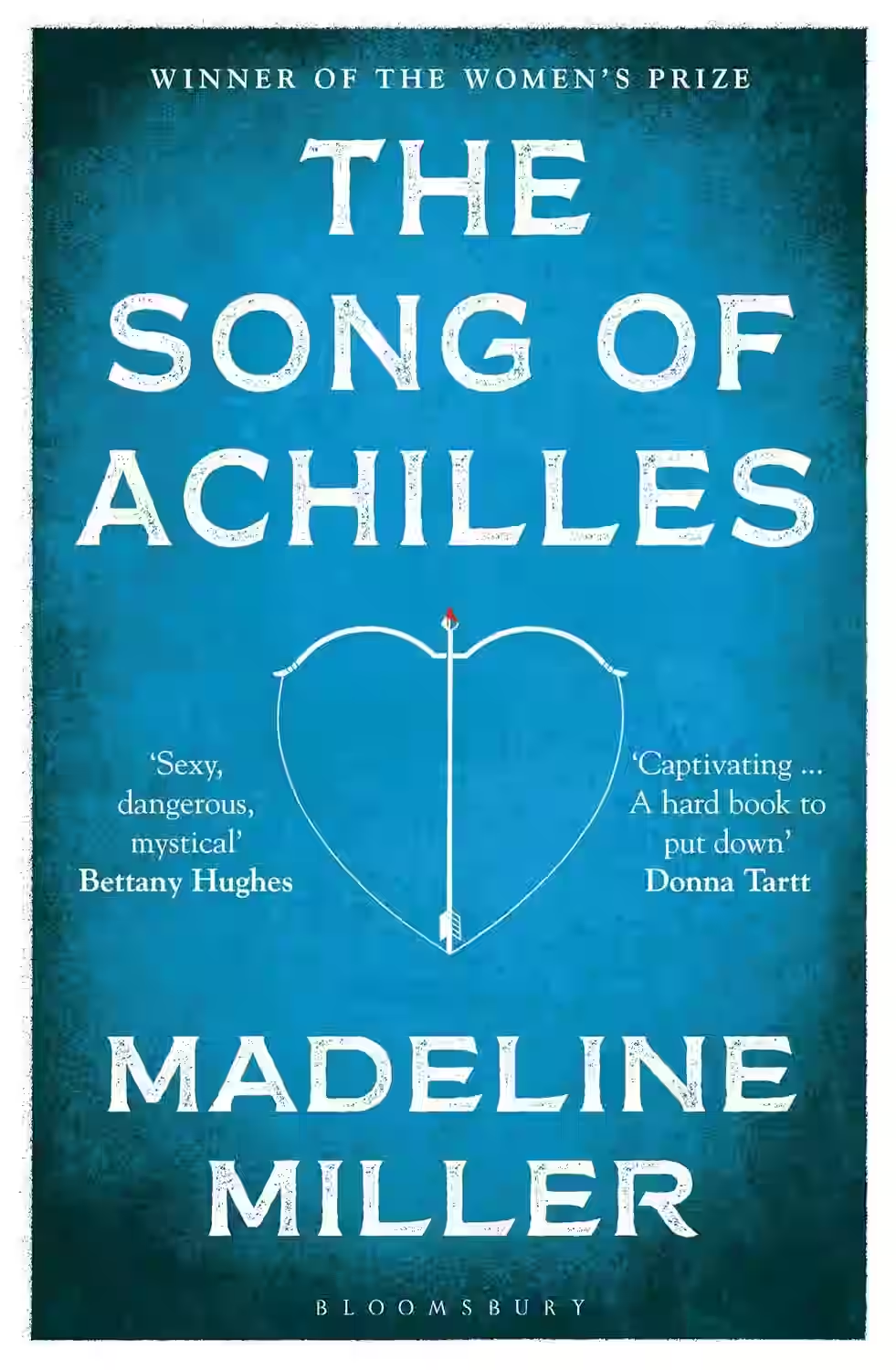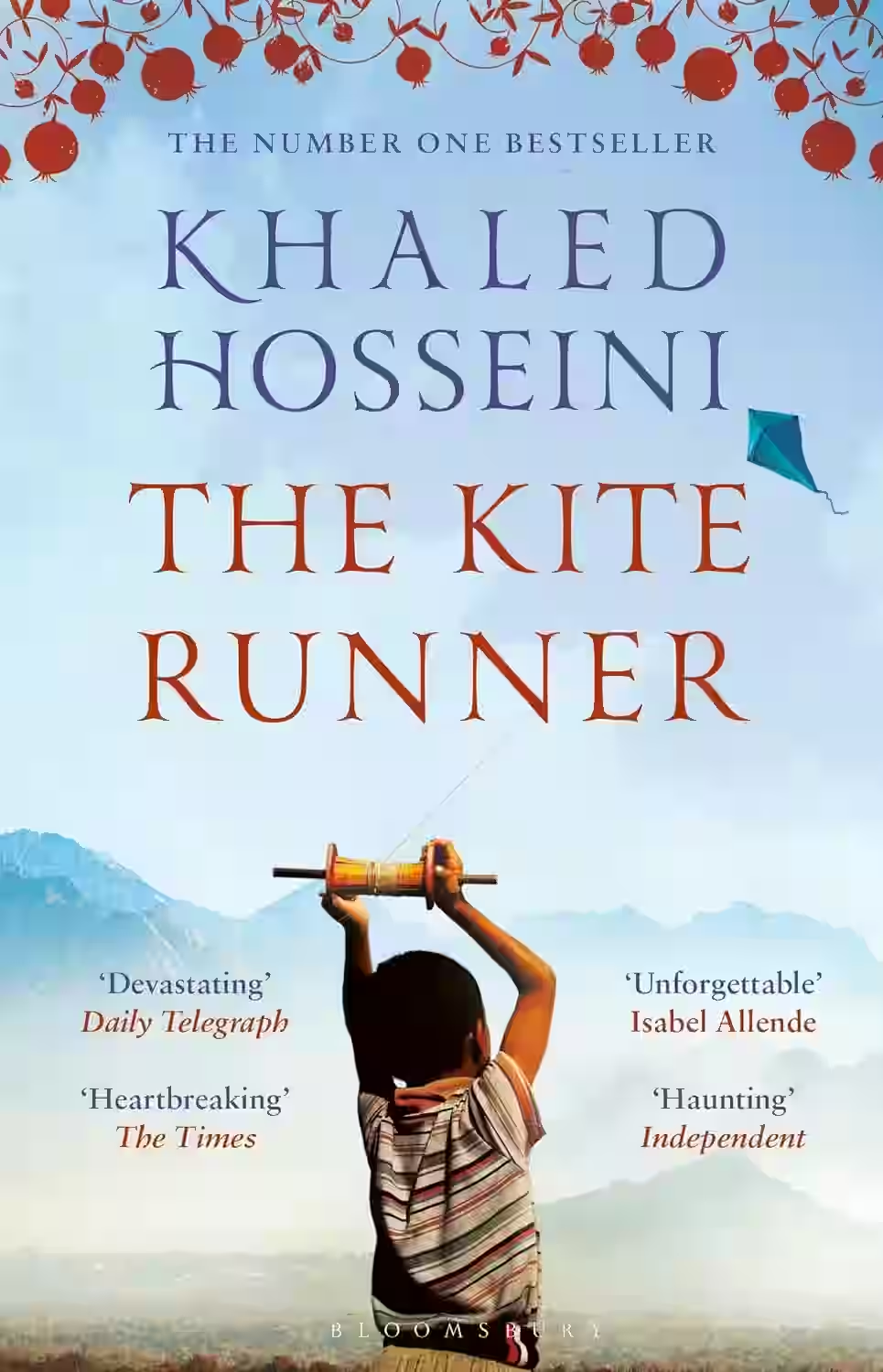
Bring Up the Bodies is the second novel in Hilary Mantel's acclaimed historical fiction trilogy about Thomas Cromwell, set during the reign of Henry VIII. This installment follows Cromwell's intricate maneuvering to secure Anne Boleyn's downfall and Thomas More's execution, offering a compelling and nuanced portrayal of power, politics, and personal ambition.
About The Wolf Hall Trilogy Series
This historical trilogy—Wolf Hall, Bring Up the Bodies, and The Mirror and the Light—traces the rise and fall of Thomas Cromwell, chief minister to King Henry VIII. Told with psychological nuance and lush detail, the series reimagines Tudor politics through Cromwell’s pragmatic and cunning perspective. Mantel’s portrayal of power, ambition, and human frailty won her two Booker Prizes and redefined historical fiction. The Wolf Hall Trilogy is both a gripping political drama and a literary masterpiece of character and atmosphere.
About Hilary Mantel
A celebrated British author known for her historical fiction, particularly the Wolf Hall trilogy, which vividly reimagines the life of Thomas Cromwell. Mantel's meticulous research, psychological depth, and sharp prose bring historical figures to life with remarkable nuance and complexity. Her insightful exploration of power, ambition, and the individual within historical forces has earned her numerous accolades and a significant place in contemporary literature.
Other Books by Hilary Mantel

Wolf Hall
Series: The Wolf Hall Trilogy (#1)
England in the 1520s is a heartbeat from disaster. If the king dies without a male heir, the country could be destroyed by civil war. Henry VIII wants to annul his marriage of twenty years and marry Anne Boleyn. The pope and most of Europe opposes him. Into this impasse steps Thomas Cromwell: a wholly original man, a charmer and a bully, both idealist and opportunist, astute in reading people, and implacable in his ambition. But Henry is volatile: one day tender, one day murderous. Cromwell helps him break the opposition, but what will be the price of his triumph?
Similar Books

Before We Were Yours
by Lisa Wingate
Lisa Wingate's 'Before We Were Yours' is a poignant and gripping tale that delves into one of America's most heartbreaking real-life scandals. Set in two timelines, it juxtaposes the 1939 story of the Foss siblings, torn apart by an orphanage that sold poor children to wealthy families, with a modern-day investigation led by Avery Stafford, who is drawn into her family's hidden past. The novel skillfully explores themes of identity, family bonds, and the pursuit of justice. Wingate's rich character development and emotive storytelling result in a powerful narrative that captivates readers, prompting reflection on the resilience of the human spirit.

The Night Watch
by Sarah Waters
Moving back through the 1940s, through air raids, blacked out streets, illicit liaisons, sexual adventure, to end with its beginning in 1941, The Night Watch is the work of a truly brilliant and compelling storyteller. This is the story of four Londoners - three women and a young man with a past, drawn with absolute truth and intimacy. Kay, who drove an ambulance during the war and lived life at full throttle, now dresses in mannish clothes and wanders the streets with a restless hunger, searching... Helen, clever, sweet, much-loved, harbours a painful secret... Viv, glamour girl, is stubbornly, even foolishly loyal, to her soldier lover... Duncan, an apparent innocent, has had his own demons to fight during the war. Their lives, and their secrets connect in sometimes startling ways. War leads to strange alliances. Tender, tragic and beautifully poignant.

The Song of Achilles
In this lyrical retelling of Greek mythology, the awkward young prince Patroclus falls in love with the legendary warrior Achilles. As they grow from boys to men, their bond is tested by fate, war, and the gods themselves. Set against the backdrop of the Trojan War, the novel explores themes of love, honor, and the cost of greatness.

The Kite Runner
This powerful story follows two childhood friends in Kabul and spans multiple decades of Afghan history. After witnessing a terrible event, their lives take dramatically different paths until a chance for redemption presents itself years later. Through personal drama and historical upheaval, the novel explores themes of loyalty, betrayal, and the possibility of atonement.